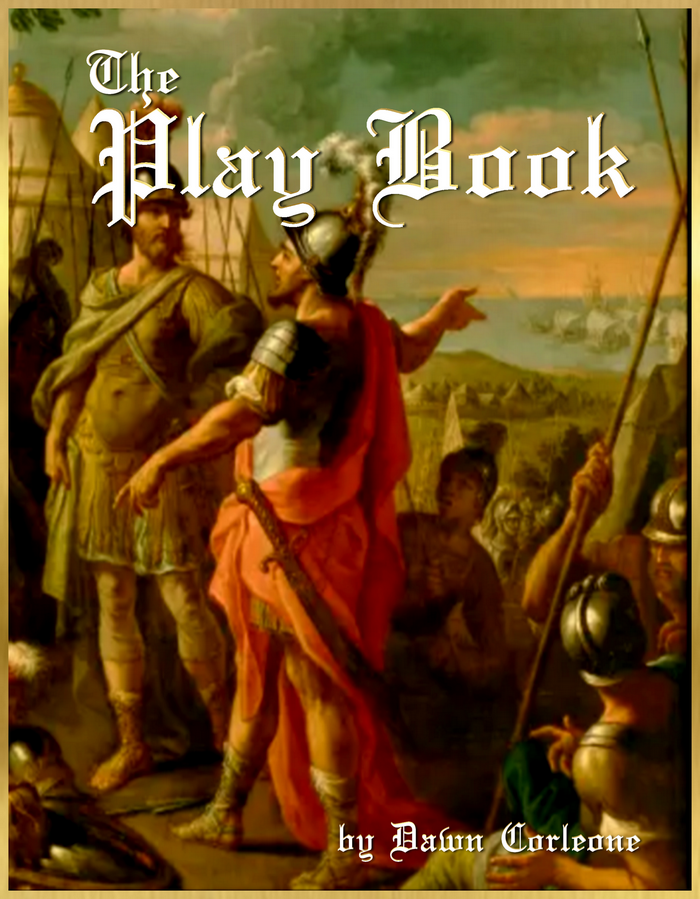Be extremely subtle, even to the point of formlessness. Be extremely mysterious, even to the point of soundlessness. Thereby you can be the director of the opponent's fate.
--- Sun Tzu
Ancient Greek and Renaissance English plays have an enduring relevance to the human experience. Many of these plays explore universal themes such as love, power, betrayal, and redemption. The characters in these plays grapple with complex moral dilemmas and face challenges that are still relevant to contemporary society.
Ancient and Renaissance plays have historical importance. Many of these plays were written during periods of great social and political change, and they reflect the values and beliefs of the societies in which they were written. By studying these plays, we can gain a greater understanding of the cultural and historical context in which they were produced. They provoke thought and evoke strong emotions in audiences. These plays often deal with controversial or taboo subjects, such as violence, sex, and political intrigue, and they challenge audiences to confront difficult questions about the nature of human behavior and society.
Their enduring relevance, literary and artistic quality, historical importance, impact on theater and literature, ability to provoke thought and evoke strong emotions, artistic innovation and experimentation, cultural significance, and enduring popularity and influence.
